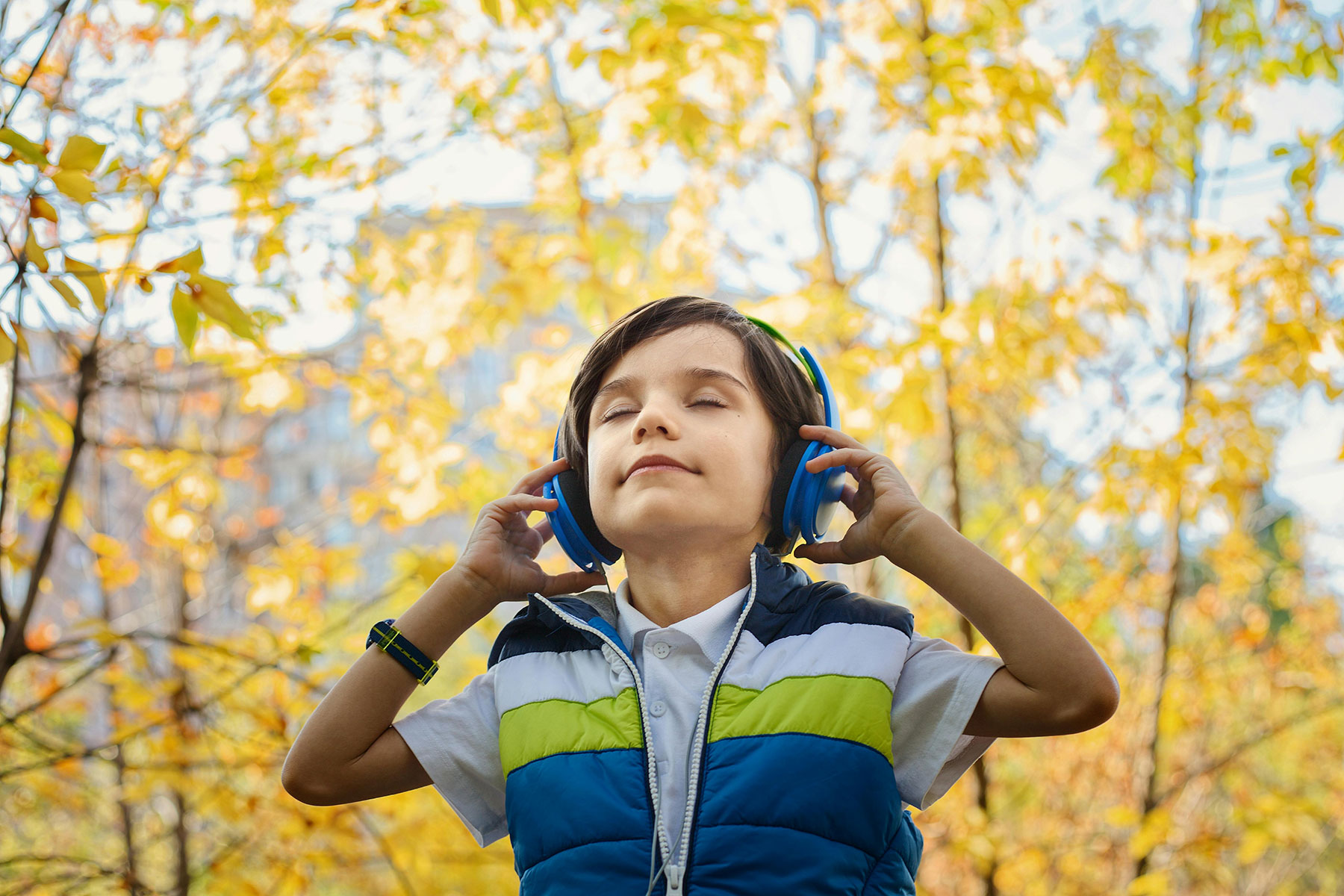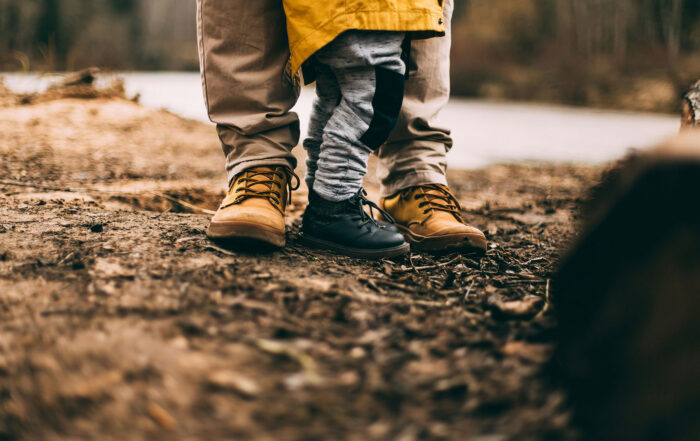
By Barbra Weidlein
Trauma settings
Music therapists have been called upon to support the recovery of individuals and communities following horrific events as well as natural disasters. Settings have included New York City metropolitan area after the 9/11 terrorist attacks; New Orleans after Hurricane Katrina; Umpqua Community College after a mass shooting on campus; various war- and post-war zones; and other disaster recovery situations.
According to the American Music Therapy Association, music therapy addresses trauma by providing:
• Non-verbal outlets for emotions associated with traumatic experiences
• Anxiety and stress reduction
• Positive changes in mood and emotional states
• Active and positive participant involvement in treatment
• Enhanced feelings of control, confidence, and empowerment
• Positive physiological changes, such as lower blood pressure, reduced heart rate, and relaxed muscle tension
“With individuals who have experienced trauma,” says Jim Borling, director of Radford University’s Music Therapy program, “music becomes an outlet for expressing emotion. Music therapy has a way of letting people know that it is ok to feel what you are feeling. It is ok to acknowledge what has happened.”
Borling brought his skills as a music therapist to Newtown, Connecticut where a 2012 shooting at Sandy Hook Elementary School took the lives of 20 children and six staff members, and to Virginia Tech (Virginia Polytechnic Institute and State University) after a campus shooting in 2007 killed 32 and injured many others.
Share This Post!
Trends in U.S. Emergency Department Visits Related to Suspected or Confirmed Child Abuse and Neglect Among Children and Adolescents Aged <18 Years Before and During the COVID-19 Pandemic — United States, January 2019–September 2020
By The C.D.C. Heightened stress, school closures, loss of income, and social isolation resulting from the coronavirus disease 2019 (COVID-19) pandemic have increased the risk for child abuse and neglect (1). [...]
Behind the Term: Trauma
By U.C. Berkeley The term “trauma” can mean different things, depending on the context. Semantically, trauma refers to an experience or event; nevertheless, people use the term interchangeably to refer to either [...]
Ukrainian refugees in Poland get help for trauma you can’t see — mental health
By Dana Bash and Abbie Sharpe, CNN Warsaw, Poland (CNN)Eight-year-old Yana was going to gymnastics class six days a week at home near Odessa, Ukraine. Now, she can only practice by [...]
Mental health effects of Ukraine war zone on children
By Mary Kekatos As the Russian invasion of Ukraine intensifies, children are experiencing devastating consequences of being caught up in the war zone. At least seven children have been killed, according to United Nations [...]
The Chilling Effects of the Texas Anti-Trans Directive
By Mira Miller When Texas Governor Greg Abbott penned a letter directing state officials to investigate healthcare providers or parents who help transgender youth receive gender-affirming care, some believed his order would be ignored. [...]
What Is Intergenerational Trauma?
By Ivy Kwong, LMFT Humans have survived for thousands of years by evolving the ability to adapt. If you live with chronic stress or have lived through a traumatic event, certain [...]







